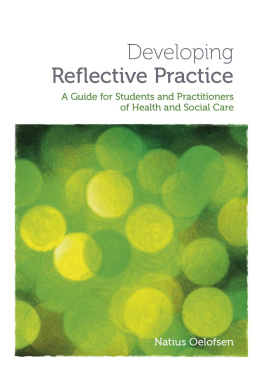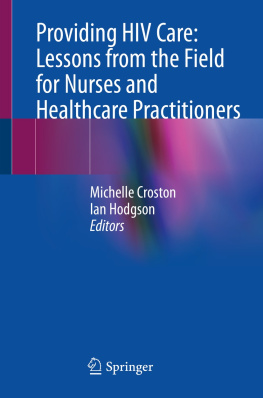Barbara A. Parfitt - Working Across Cultures: Study of Expatriate Nurses Working in Developing Countries in Primary Health Care
Here you can read online Barbara A. Parfitt - Working Across Cultures: Study of Expatriate Nurses Working in Developing Countries in Primary Health Care full text of the book (entire story) in english for free. Download pdf and epub, get meaning, cover and reviews about this ebook. year: 2018, publisher: Routledge, genre: Politics. Description of the work, (preface) as well as reviews are available. Best literature library LitArk.com created for fans of good reading and offers a wide selection of genres:
Romance novel
Science fiction
Adventure
Detective
Science
History
Home and family
Prose
Art
Politics
Computer
Non-fiction
Religion
Business
Children
Humor
Choose a favorite category and find really read worthwhile books. Enjoy immersion in the world of imagination, feel the emotions of the characters or learn something new for yourself, make an fascinating discovery.

- Book:Working Across Cultures: Study of Expatriate Nurses Working in Developing Countries in Primary Health Care
- Author:
- Publisher:Routledge
- Genre:
- Year:2018
- Rating:5 / 5
- Favourites:Add to favourites
- Your mark:
Working Across Cultures: Study of Expatriate Nurses Working in Developing Countries in Primary Health Care: summary, description and annotation
We offer to read an annotation, description, summary or preface (depends on what the author of the book "Working Across Cultures: Study of Expatriate Nurses Working in Developing Countries in Primary Health Care" wrote himself). If you haven't found the necessary information about the book — write in the comments, we will try to find it.
Published in 1998, this work aims to challenge not only those expatriates who work overseas as consultants or practitioners in aid programmes but also the agencies who support aid programmes from the West. It identifies the values that influence practice and questions the validity of the contribution that nurses overseas are able to make. The nurses use race, gender and knowledge as forms of power in order to work effectively. Their role in supporting women for the promotion of better health in the developing countries is recognised. Yet the values which influence their practice can lead them to disable rather than enable the community they are seeking to help. An empowerment model is proposed with emphasis on the acknowledgement of racial heritage.
Barbara A. Parfitt: author's other books
Who wrote Working Across Cultures: Study of Expatriate Nurses Working in Developing Countries in Primary Health Care? Find out the surname, the name of the author of the book and a list of all author's works by series.





